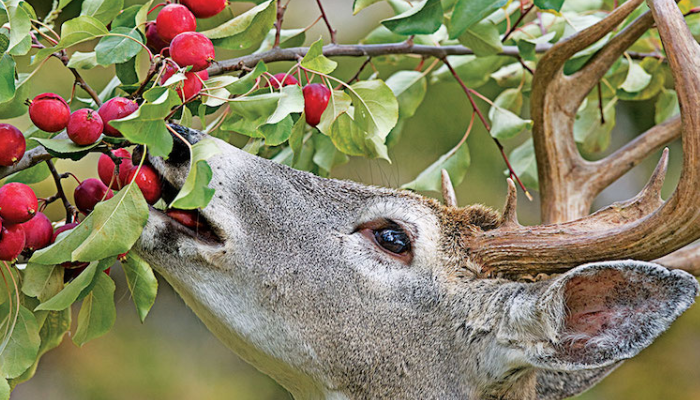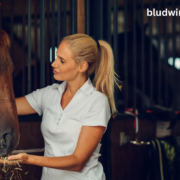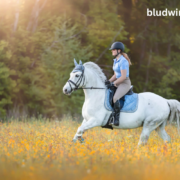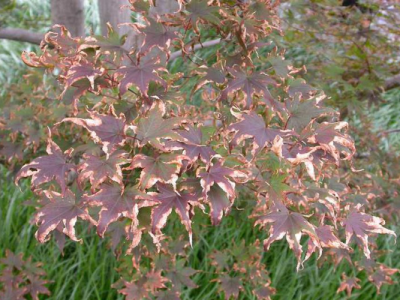Can deer eat watermelon? It may seem like a strange question, but it’s one that many people have asked. The answer is yes, deer can eat watermelon, but there are some important things to consider before feeding watermelon to deer. In this blog post, we’ll discuss the pros and cons of feeding watermelon to deer, and provide some tips on how to safely and effectively do it.
The Nutritional Value of Watermelon
Watermelon is a nutrient-rich fruit that is a great source of vitamins A, C, and B6, along with fiber, potassium, and magnesium. It contains a variety of antioxidants and compounds that may provide health benefits, such as reducing inflammation and aiding digestion.
Watermelon is also low in calories and sugar, making it a great choice for those watching their waistline. While humans can enjoy the many benefits of eating watermelon, can deer eat it too?
The answer is yes, deer can eat watermelon. In fact, deer love watermelon and are attracted to the sweet taste. Watermelon is a great source of nutrition for deer, as it provides them with essential vitamins and minerals.
The fiber in watermelon can also help to keep deer regular and help them maintain a healthy digestive system. The magnesium found in watermelon can also help to reduce inflammation and keep their bones strong. All in all, watermelon is a great food for deer and provides them with a lot of health benefits.
Is Watermelon Safe for Deer?
Deer are typically known to have a very diverse diet, but is watermelon something they can safely eat? This is a common question among those looking to supplement a deer’s diet with a tasty treat.
The short answer is that deer can safely eat watermelon, and in fact, it can be a great addition to their diet. Watermelons are packed with a variety of vitamins and minerals, including vitamins A, C, and B6, as well as potassium, calcium, and magnesium.
Watermelons also contain a good amount of water, which is important for keeping deer hydrated during hot summer months. Additionally, the sweetness of the watermelon can make it a tasty treat for deer to enjoy.
While watermelon is safe for deer to eat, it should be fed in moderation. Too much of any type of food can upset a deer’s delicate digestive system, so it’s important to give them the proper amounts. Additionally, watermelon should not be the only source of food for deer, as they need a varied diet to stay healthy.
How to Feed Watermelon to Deer
If you are looking for a way to feed watermelon o deer, it is important to understand the dietary needs of deer before you start. Deer are herbivores that feast on grasses, shrubs, and trees, but can also enjoy a sweet treat like watermelon every now and then.
To feed watermelon to deer, start by slicing the watermelon into large cubes or wedges that can be easily picked up by the deer. It is best to place the watermelon in a designated area away from your garden or other areas where the deer may cause destruction.
When it comes to feeding deer watermelon, it is important to limit the amount they consume. Too much watermelon can cause digestive issues in deer, so be sure to provide only small amounts at a time.
Potential Benefits of Feeding Watermelon to Deer
When it comes to feeding deer watermelon, there are many potential benefits. One of the most obvious is the nutritional value that watermelon can provide to deer. Watermelon is a great source of vitamins such as A, B, and C, as well as minerals like potassium and magnesium.
Deer may also benefit from the high water content of watermelon, as it can help keep their bodies hydrated and their coats shiny. Additionally, the sugar content of watermelon can provide a much-needed energy boost for deer, especially during times of stress or during the winter months.
Lastly, feeding watermelon to deer can also be a great way to keep them away from other vegetation in your yard, as deer are less likely to eat something they already have access to.
Potential Risks of Feeding Watermelon to Deer
Watermelon is a popular summertime snack with many tasty benefits, but for deer, it is not always the healthiest food choice. Although deer have been known to eat watermelon, there are potential risks associated with feeding them this type of food.
For example, the sugar content of watermelon can be too high for the deer’s digestive system, leading to digestive problems, dehydration, and even fatal illnesses. Additionally, the seed content of watermelon makes it difficult for deer to digest and can lead to intestinal blockages.
Lastly, the rind of watermelon can cause choking if it is not cut into small enough pieces. Therefore, if you decide to feed watermelon to deer, it is important to pay attention to the size of the pieces and make sure the rind is removed.
Common Questions about Deer and Watermelon
Can deer eat watermelon? The answer is yes. Deer can eat watermelons, as they are naturally attracted to the sweet smell of the fruit. Watermelons are a great source of hydration and nutrition for deer, as they are mostly made up of water and contain a fair amount of vitamins and minerals.
Deer will often go out of their way to find and eat watermelons, so if you have a watermelon in your garden, it’s likely that deer will try to get to it. However, it’s important to keep in mind that deer should not be overfed with watermelons, as they need a balanced diet to stay healthy and avoid any health complications.
Conclusion
deer can eat watermelon, however, it is not the most ideal food for them. Deer will not get the full benefit of the watermelon’s nutritional value, and it can even be harmful if they eat it in excess. Watermelon should not be the main food source for deer, and it should only be given as treats in moderation. If you choose to feed deer watermelon, it is best to provide it in small amounts and to remove any rinds or seeds before feeding.

















Comments